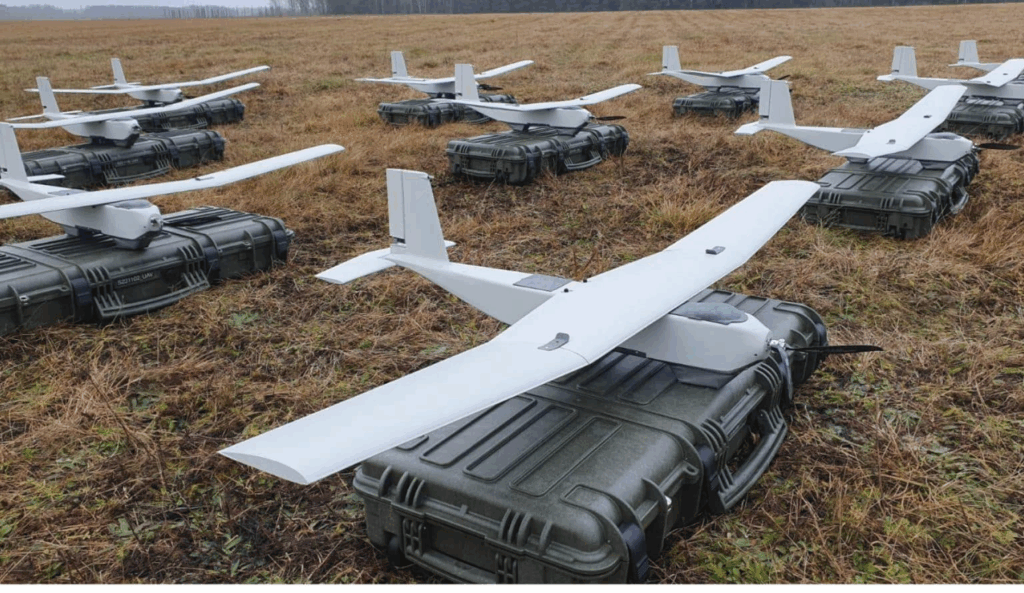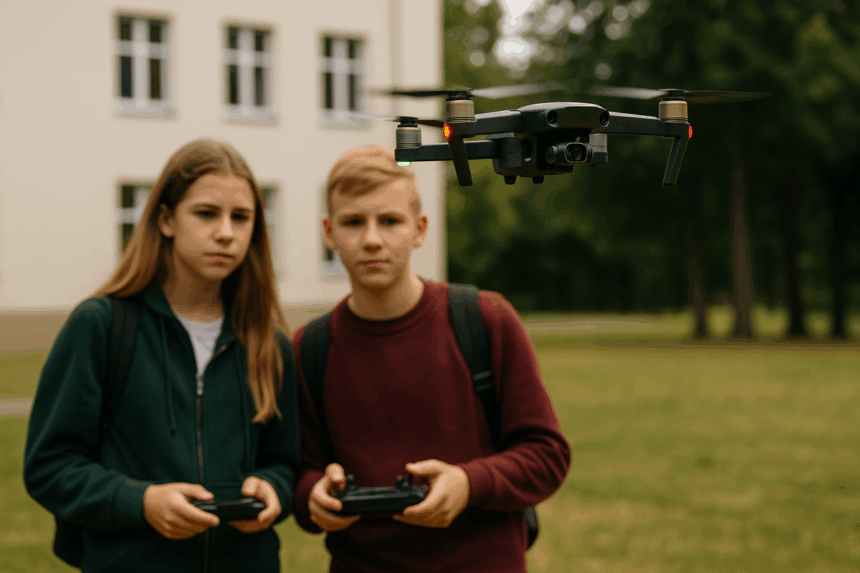Lithuania is taking classroom learning to the skies! Starting September 2025, children as young as nine will begin hands-on training in drone building and piloting. The initiative, led by the country’s Ministry of Defence, aims to prepare over 22,000 people — including 7,000 students — with drone operation and construction skills by 2028.
This isn’t just about tech skills. It’s a move that blends STEM education with national security readiness, coming at a time when Lithuania faces real threats from hostile drone activity along its borders.
What’s Happening & Why This Matters
The Lithuanian Non-Formal Education Agency (LINEŠA) will open the first three drone training centers in September, with six more planned by 2028. Director Valdas Jankauskas calls drones “an integral part not only of science and industry, but also of everyday life.” The program’s goal is to give young people a chance to explore drone technology early, creating both future engineers and civically active citizens.
The urgency is clear. Just last month, an unmanned Russian drone carrying explosives crossed from Belarus into Lithuania, crashing near a military training base. Officials labeled it an “alarming sign” of possible spillover from Russia’s aggression and have asked for additional NATO support. Former Prime Minister and current EU Commissioner for Defence and Space, Andrius Kubilius, admitted the country’s readiness to counter drone strikes is “not at the level we should have,” stressing that Lithuania must be prepared for “hundreds of thousands of drones.”

Training from Grade School to Graduation
Lithuania’s curriculum is designed to scale with students’ ages and skills:
- Ages 9+: Practical experiments and games teach the basics of drone assembly.
- Ages 11–16: Students progress to indoor piloting of first-person drones and building more complex designs.
- High School: Teens design and manufacture 3D-printed drone parts, competing in national and regional contests.
By embedding drone education into the school system, Lithuania hopes to make drone operation as commonplace as computer literacy.
A Regional Effort
Lithuania isn’t alone. Its Baltic neighbors are also investing in drone skills for young people.
- Estonia plans to launch a national drone education program by mid-2026 as part of its defence curriculum, ensuring every participating school gets a drone kit.
- Latvia recently ran its first drone operator camp, training 32 cadets in flight fundamentals and electronic warfare.
All three countries are working on a joint “drone wall” along their eastern borders with Russia. This will include an initial drone detection system in border areas and major cities, with Estonia aiming for completion by early 2027.
TF Summary: What’s Next
Lithuania’s drone program represents more than an educational innovation — it’s a strategic investment in national resilience. As drone technology becomes increasingly central to modern defence, having a new generation of skilled operators could prove essential.
Expect to see more Baltic collaboration in this space, both in education and defence infrastructure. With hostile drone incursions already a reality, Lithuania’s commitment to building skills early sets a model for other NATO countries facing similar security constraints.
— Text-to-Speech (TTS) provided by gspeech


